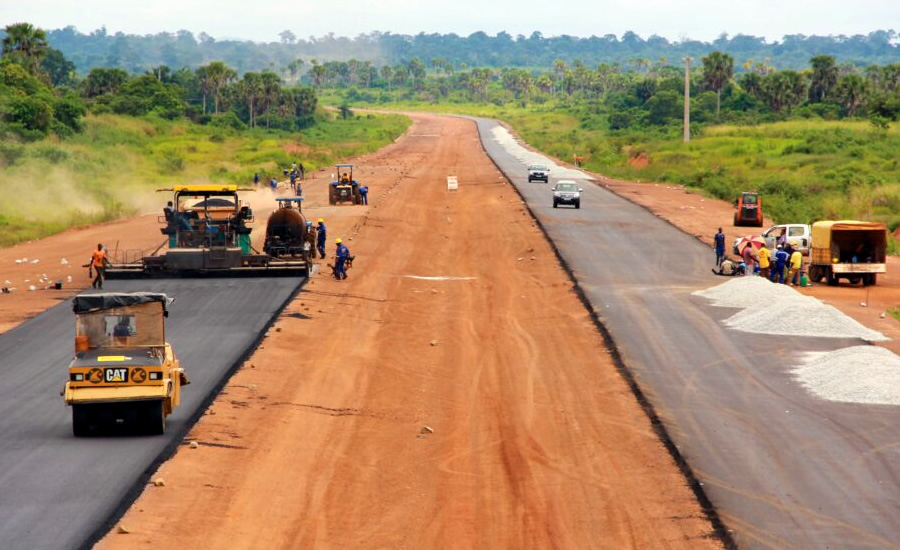
The future motorway between Abidjan and Lagos is shaping up to be the backbone of West African trade. The route will run through five coastal countries - Côte d'Ivoire, Ghana, Togo, Benin and Nigeria - connecting tens of millions of people to the region's major ports and markets.
The project will start in 2026 with a timetable aiming for completion in 2030. The road will have between four and six lanes for most of its length, while the access to Lagos will be widened to eight. The plan also includes road links and upgraded border crossings to avoid delays that currently slow transnational transport.
The initiative is coordinated by the Economic Community of West African States, with the support of the African Development Bank and other financial partners. It foresees the creation of a dedicated management authority based in Abidjan, which will ensure the operation, maintenance and harmonisation of standards among the five countries.
Beyond infrastructure, the highway aims to catalyse regional integration. The urban population of this corridor will multiply in the coming decades and the highway will offer small and medium-sized enterprises access to larger and more competitive markets. The project is expected to generate thousands of direct and indirect jobs, both in construction and in the associated service chain.
The estimated budget is over $12 billion, a figure that underlines the magnitude of the gamble. Solving the financial and customs challenges will be crucial if the highway is to fulfil its promise: to become an engine of industrialisation, agriculture and trade that will bring the area closer to the spirit of the African Continental Free Trade Area.
Source: afdb.org; constructafrica.com
